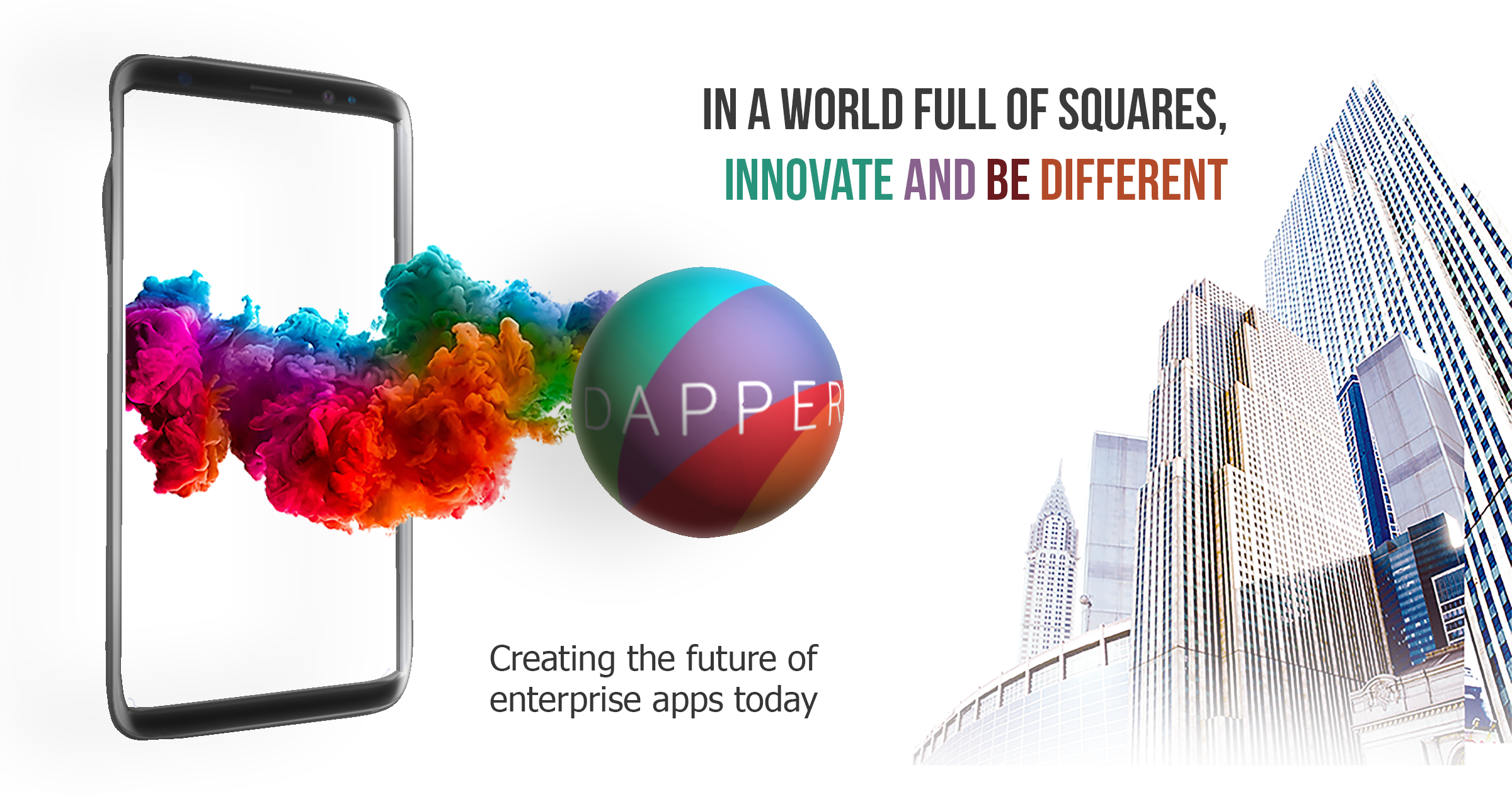It is rumoured to be the only business book Steve Jobs had on his shelf and explains why big businesses go bust and those brave enough to embrace change are the new winners. ‘The Innovator’s Dilemma’ by Harvard’s Clayton Christensen shows how new innovation disrupts the status quo and what insights can be gleaned.
Disrupt To Drive Forward
So why do companies fail? According to Christensen, they are victims of their own success. Take an encyclopedia company. They become market leaders by providing the best information, hiring the best researchers and developing the best books.
They have the business model and the experience curve and seem unbeatable. Then the internet and Wikipedia arrives, with mavericks on a mission to provide content for free. Suddenly traditional encyclopedias are completely disrupted by a new player.
Think music downloads vs CDs, Uber vs Taxi cabs, mobile phones vs landlines. They think laterally, anticipate the future and companies stuck in the past are left behind, scrapping for market share in a saturated market.
How Disruptive Innovation Works
Let’s use music downloads vs CDs as an example and picture a graph with ‘Quality’ vs ‘Cost’. CDs have greater quality, there is the nice album cover and the memento on your shelf, as well the core track. Downloads are a more minimal product but when they’re a third of the price, the quality to cost ratio wins out and CDs are seen as superfluous.
In ‘The Innovators Dilemma’ Christensen explains that disruptive innovation usually captures the entry part of the market and then expands upwards until the normal solution occupies the realm of the specialist or nostalgic niche. Cost is not always the factor. For mobile vs landline it’s flexibility, for Amazon vs Barnes & Noble it’s range.
The Brave New Mobile World
New technology and trends disrupt the norm, rendering companies almost irrelevant overnight. And this principle does not apply just to products, but processes too.
Mobile and apps have disrupted the desktop web. The lower costs and greater tracking of PPC has disrupted print and TV advertising. Just-in-time production has beaten the approach of old. What about new innovation for business processes?
An example is Instant Waste Management, who operate a large fleet of waste disposal vehicles. They worked with Dapper to create a custom app that could optimise drivers’ routes, track productivity, automate admin and gain new business intelligence, all accessible from anywhere via mobile. It is a brave new mobile world, will your company lead the way or be left behind?
About Dapper Apps

Dapper apps are a leading app development in Australia, specializing in enterprise apps to disrupt markets, improve efficiency, and provide new business intelligence. Their apps have won multiple national awards and been featured on the national news. We invite you to explore our site and get in touch.




